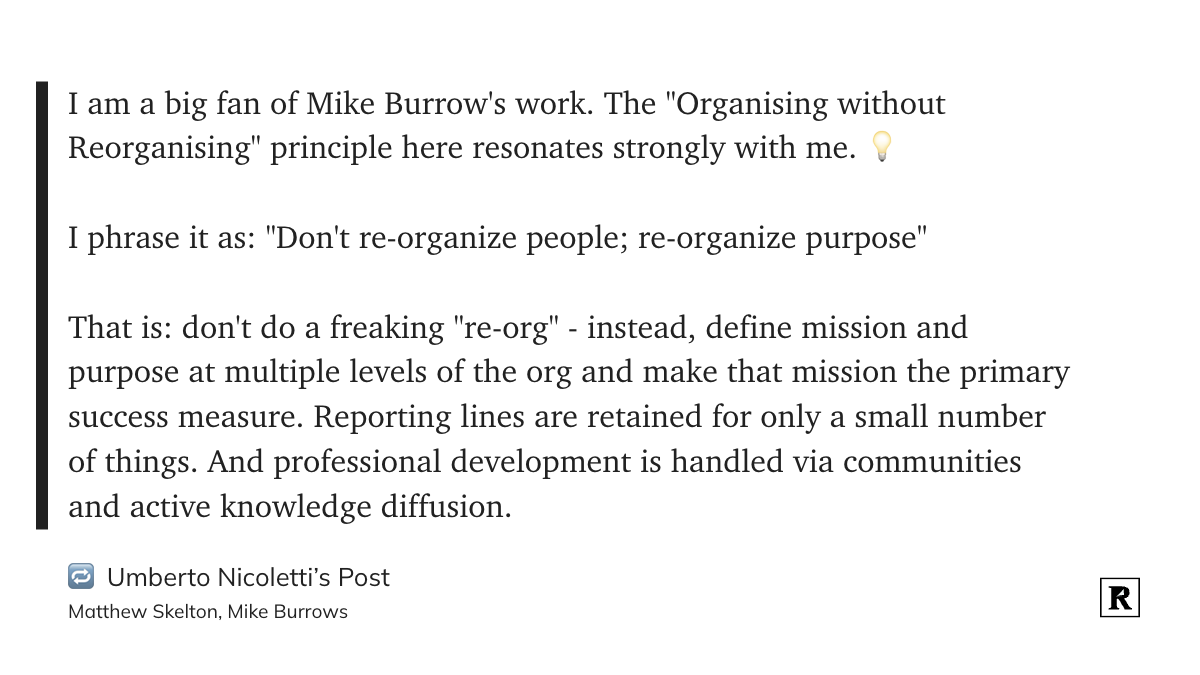Excellent insight on conterfactuals in the context of (some of) the analysis of that latest AWS outage (emphasis mine): Counterfactuals are seductive. They tidy up messy stories . “If only we’d done X.” “If only they’d noticed Y.” They sound analytical, but they’re fictional . As the saying goes, “If my grandmother had wheels, she’d be a bicycle.” Once we start changing the facts, we’re not talking about reality anymore: we’re imagining a different one that didn’t happen. It’s easy to laugh at Joey, but we all do it. Just look at all the hot takes on the large AWS outage this week. We look back at a failed project, a near miss, an incident or accident, and feel the seductive pull of “they should have..” or “they shouldn’t have…” because we crave causality and coherence. When something goes wrong, we want to believe that there was a single point of failure that we can fix for next time, reassuring ourselves that it won’t happen again. But as Dekker reminds us, “…[counterfactuals] ...














